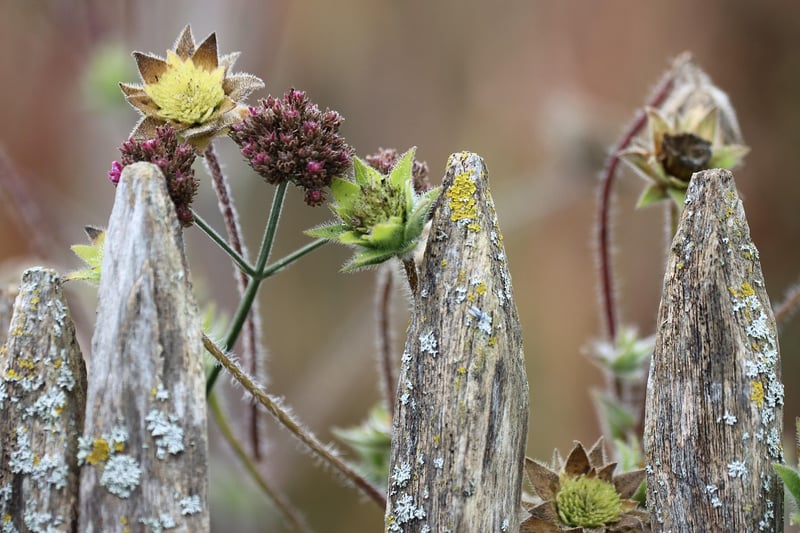Soil Enrichment
Tips for a Thriving Garden and Soil Enrichment
Introduction
Welcome to our guide on creating a flourishing garden by enriching the soil. A vibrant garden starts with healthy soil, providing essential nutrients for your plants to thrive. Let's explore some valuable tips to enhance your garden and enrich the soil for optimal plant growth.
1. Choose the Right Plants
Start by selecting plants that are well-suited to your garden's soil type, sunlight exposure, and climate. Matching the right plants to your garden conditions will ensure they thrive and require less maintenance.
2. Compost for Nutrient-Rich Soil
Composting is a fantastic way to enrich your soil naturally. Kitchen scraps, yard waste, and other organic materials can be composted to create nutrient-rich soil amendment. Add compost to your garden beds regularly to improve soil structure and fertility.
3. Mulch for Moisture Retention
Applying mulch around your plants helps retain moisture in the soil, reduces weed growth, and adds organic matter as it breaks down. Mulching also regulates soil temperature and protects plant roots during extreme weather conditions.
4. Practice Crop Rotation
Rotate your crops each season to prevent nutrient depletion and minimize soil-borne diseases. Different plants have varying nutrient needs, so rotating crops helps maintain soil fertility and overall plant health.
5. Test and Adjust Soil pH
Regularly test your soil pH to ensure it falls within the optimal range for the plants you are growing. Adjust soil pH using organic amendments like lime or sulfur to create the ideal growing conditions for your plants.
6. Use Organic Fertilizers
Choose organic fertilizers to feed your plants and enrich the soil without harmful chemicals. Organic fertilizers improve soil structure, promote beneficial soil organisms, and provide a slow-release nutrient source for sustained plant growth.
7. Implement Raised Beds
Consider creating raised beds for your garden, especially if you have poor soil quality in your area. Raised beds allow you to control soil composition, drainage, and aeration, providing an ideal environment for plant roots to thrive.
Conclusion
By following these tips for a thriving garden and enriching the soil, you can create a lush and bountiful garden space. Healthy soil is the foundation for successful gardening, so invest time and effort in improving and maintaining your soil for long-term plant health and productivity.

For more gardening tips and inspiration, check out our website.
